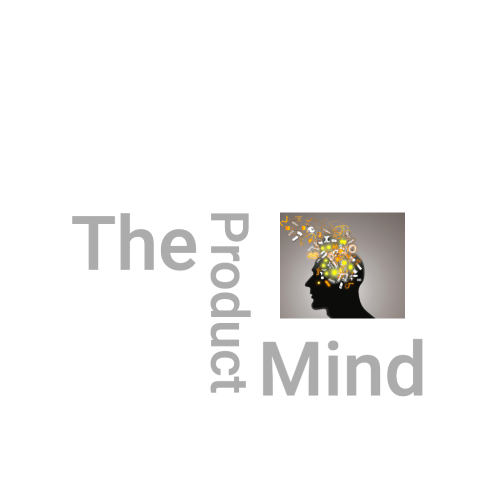The Orange and the Pomelo
I’m fortunate to have a garden with fruit trees such as the Hass avocado, Mexican lime, Lisbon lemon, Navel orange, Mandarin orange, tangelo, and pomelo. For those that are wondering what a pomelo is, it’s a large, non-hybrid, citrus fruit that’s about 6–8 inches in diameter and looks like a fatter, larger version of a lemon.
As a routine every morning, I eat fresh citrus fruit right after my exercise. For the last 13 years, statistically speaking, I’ve almost always chosen an orange. The orange is abundantly juicy, deliciously sweet and tangy, and is the perfect thirst quencher. Needless to say, I’ve almost always ignored the pomelo. The fruit is indeed fragrant, looks appealing, and is often within reach for easy plucking, but I’ve always thought of it as bitter. I think I’ve felt this way because that’s how I remember it from 13 years ago.
This spring, just for kicks, I decided to give the pomelo a try. Lo and behold, it tasted absolutely delicious, and nothing like how I had remembered! It had a unique tart that I loved. Since then, I’ve enjoyed eating a pomelo every day and even look forward to it every morning. I now regret having missed out on this delicious fruit all these years, especially realizing that it was all based on a single tasting experience 13 years ago!
The pomelo story is not entirely new. We can all relate to many parallels in our lives.
Personally, we form first impressions of people and often let those impressions define our relationships for the rest of our lives. We over-emphasize a single bad act or a single bad trait in people, label them as bad, and then stick to our judgments even as these people evolve in their lives. This is why we could all relate to Joaquin Phoenix’s emotional Oscar speech when he thanked people for giving him a second chance.
Professionally, organizations place a disproportionate emphasis on employees’ first failures and fail to give them a second chance. Once an employee fails, we put them in a “not highly valued” bucket and assign them to less important work, putting them at a further disadvantage. How many times have we ignored deserving employees when it comes to project assignments just because we remember their prior failure or a single negative trait!
In the business world, the pomelo phenomenon is prevalent. As consumers, we’re often loyal to our favorite brands and hardly evaluate alternatives even when they’ve gradually become superior. For example, I’ve talked to many enterprises who wish they’d moved to the cloud sooner. They had done their initial cost comparisons with on-premises 15 years ago! We also form strong first impressions on products and instantly lose trust in them if their initial launch falls short of our expectations. Such products usually find it hard to regain credibility in the market. Remember the Amazon Fire phone? Likewise, we are unforgiving of products that deliver a poor first-use experience and don’t give them a second chance. For example, I gave up on Intuit’s Turbo, a personal financial management application, after just my first use. It asked me to enter a lot of basic data that other Intuit applications like Mint and TurboTax already had about me. To this date, I’ve never bothered to go back and check how it’s improved.
The story of the pomelo is about both our unconscious and our conscious biases. Too often, we use thin slices of experiences to draw big conclusions about people, things, and environments. While thin-slicing could prove to be an efficient approach to making quick inferences using minimal information at the time, it certainly has limits when it comes to applicability over time. Thin slicing should definitely not preempt us from being open to new information and reevaluating our original inferences over time. People change, things change, tastes change, and even our value system changes.
So, who is the pomelo in your lives?

